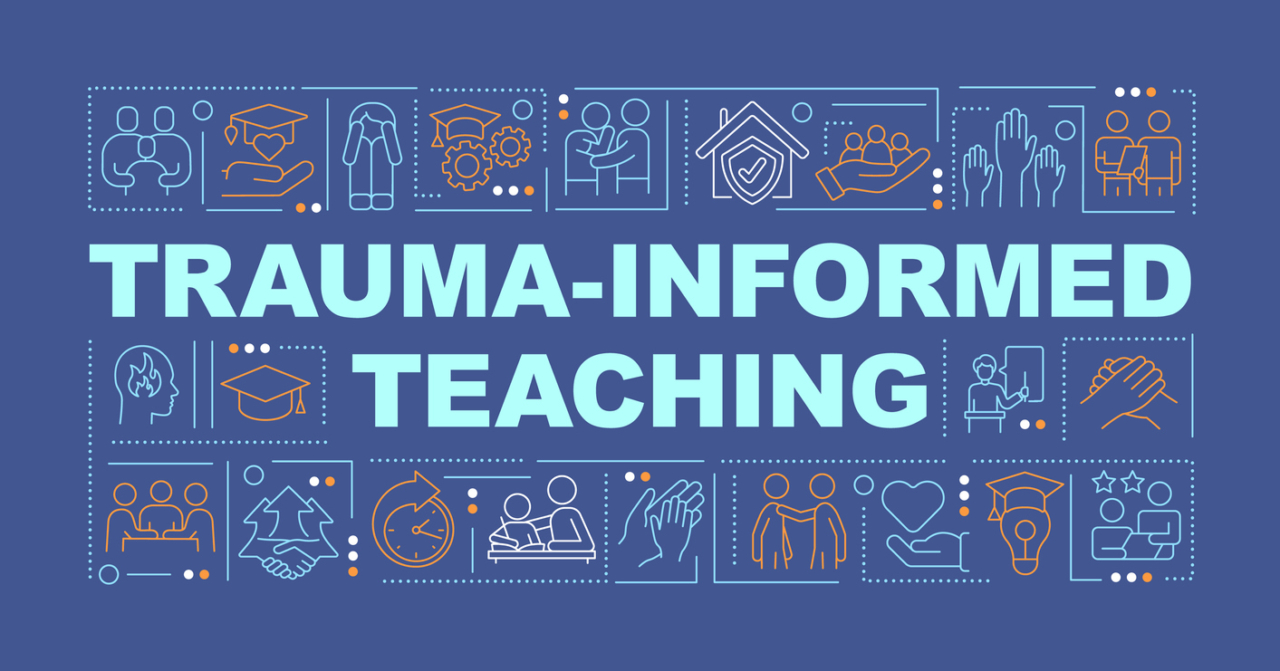
I’m writing this blog to really encourage all of our Instructors to consider completing the eLearning centered around The Mandt System’s conceptual chapters (specifically our chapters pertaining to trauma informed care training as well as positive behavior supports). For those of you that have already moved through the online guided tutorial, you can attest to the fact that the eLearning is very beneficial as you work with people who have the potential to use their behavior in dangerous ways. Of course, since Mandt’s focus is on crisis prevention, we put a lot of emphasis on being proactive and preventative as you work with the folks you serve. The more you know about a person’s trauma history (by completing our eLearning for trauma) the better able you may be to understand the purpose and function behind their behavior. In an effort to maintain a sense of safety, people will sometimes lash out (violently even) when their environment looks or feels different.
Based on a person’s trauma history, they may be hard wired to respond in ways that look dangerous to you and me. When we are more trauma informed it will allow us (individually, but also from the perspective of corporate culture) to support people as we develop policies & procedures, write positive behavior support plans, and actively avoid re-traumatization. It is very important to understand that through consistency and predictability we help the people we serve to feel safe. That dedication to safety (physical, emotional and psychological) is paramount to an organization committing itself to being trauma informed.
Mandt also talks about how consistency of treating people with dignity and respect over time will develop a sense of trust within the relationships as well as within the organization. One of the best ways for us to be consistent is to follow the well developed positive behavior support plans. These things just go hand-in-hand with one another! Positive behavior supports and trauma informed care training will elevate your organization’s commitment to creating those safe environments for everyone.
When people feel safer, they are better able to trust their caregivers. That trust will also contribute to people feeling better able to actively engage in services geared towards increasing their skills and independence, which ultimately will decrease the stress load felt by the staff/employees providing those services. It truly is a win-win outcome (which we discuss in more detail during conflict resolution activities and our conflict resolution training program in Chapter 3). It is all interconnected.
To learn more about positive behavior supports training and trauma informed care training, or about any of the services provided by The Mandt System, please contact Mary@mandtsystem.com or by call our office (800) 810-0755. We would be happy to discuss our training opportunities with you!
Nikki Wince – Mandt Faculty Supervisor



